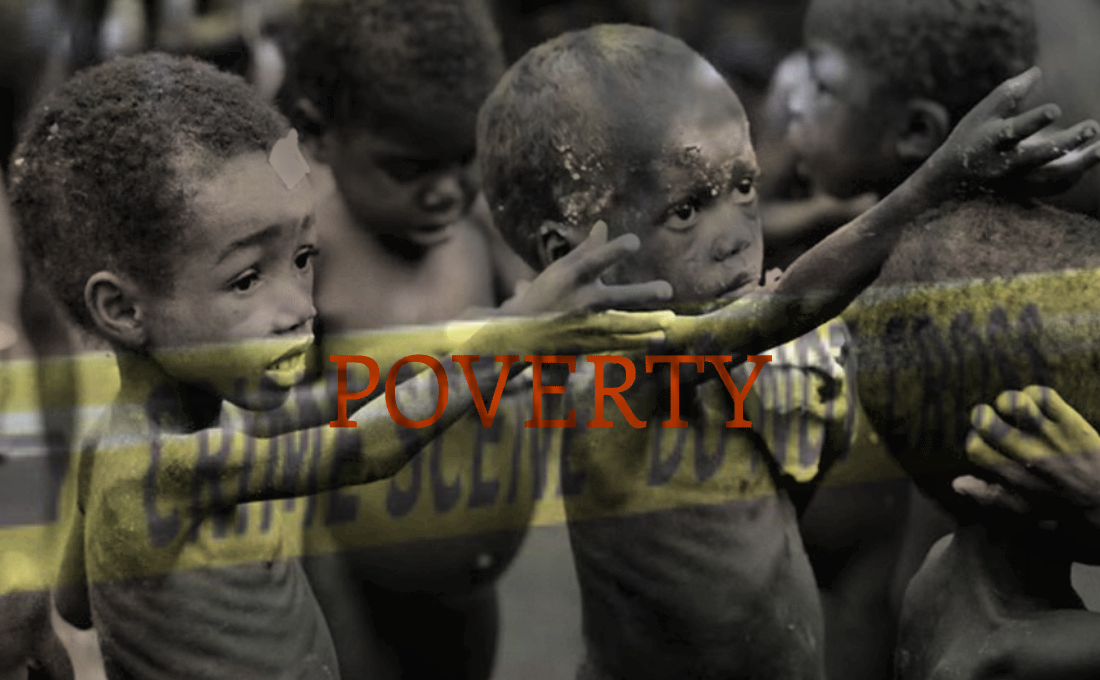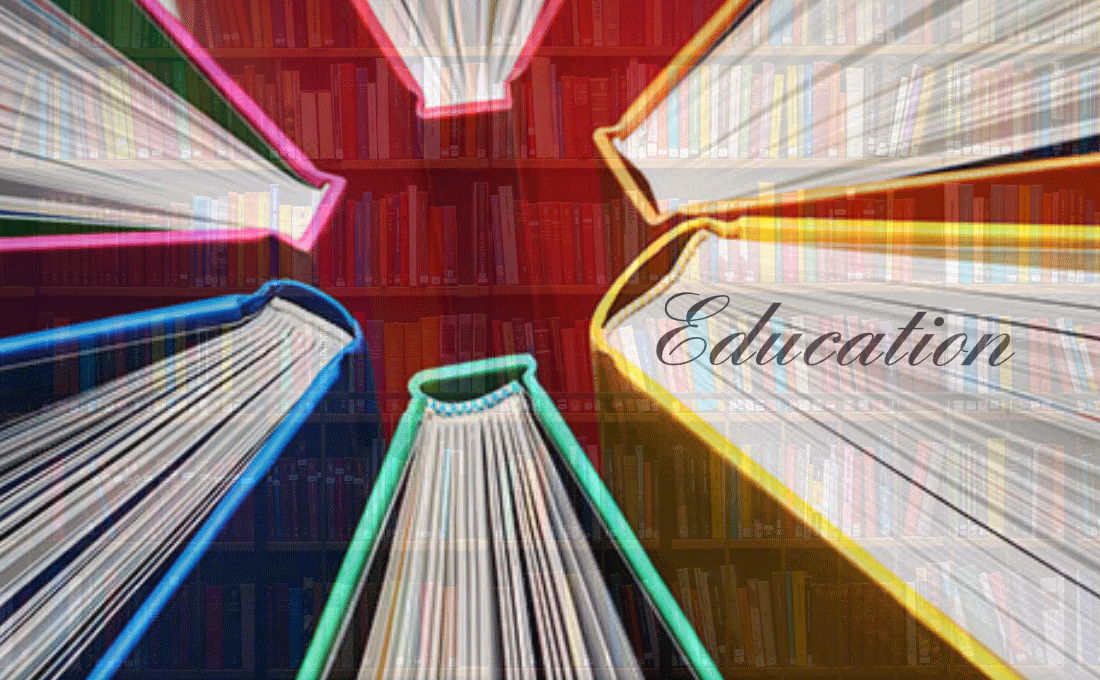Welfare and Poverty Elimination

Welfare is the provision of a minimal level of well-being and social support for all citizens, sometimes referred to as public aid. In most developed countries welfare is largely provided by the government, and to a lesser extent, charities, informal social groups, religious groups, and inter-governmental organizations The welfare state expands on this concept to include services such as universal healthcare and unemployment services. In American English, welfare is often also used to refer to financial aid provided to individuals in need, which is called benefit(s) or welfare benefits in British English.
Poverty refers to the condition of not having the means to afford basic human needs such as clean water, nutrition, health care, clothing and shelter. This is also referred to as absolute poverty or destitution. Relative poverty is the condition of having fewer resources or less income than others within a society or country, or compared to worldwide averages
We now present you with the views of Sayed Mohammad Shirazi and Sayed Sadiq Shirazi, Shia Law Experts and Theological teachers. These are some of their views on Welfare and Poverty Elimination.
“There is no room for poverty in Islam Individuals who are unable to earn their living expenses must receive financial support, according to their esteem, from the government to cover all aspects of their lives including marriage etc. The government must also support those who want to start up a business but need financial support. Travellers or those who are away from their homes and do not have the means to return home must receive appropriate help to return home.The Islamic government must pay the debt of those who have not used their loan for illicit purposes and cannot pay it back. The Islamic government must also pay the debt of the deceased who have not left any form of wealth behind.”
Resource:
The Islamic System of Government By: Sayed Muhammad Shirazi pg. 23
Gathered by:
Research Department of Shirazi Foundation
Washington D.C





